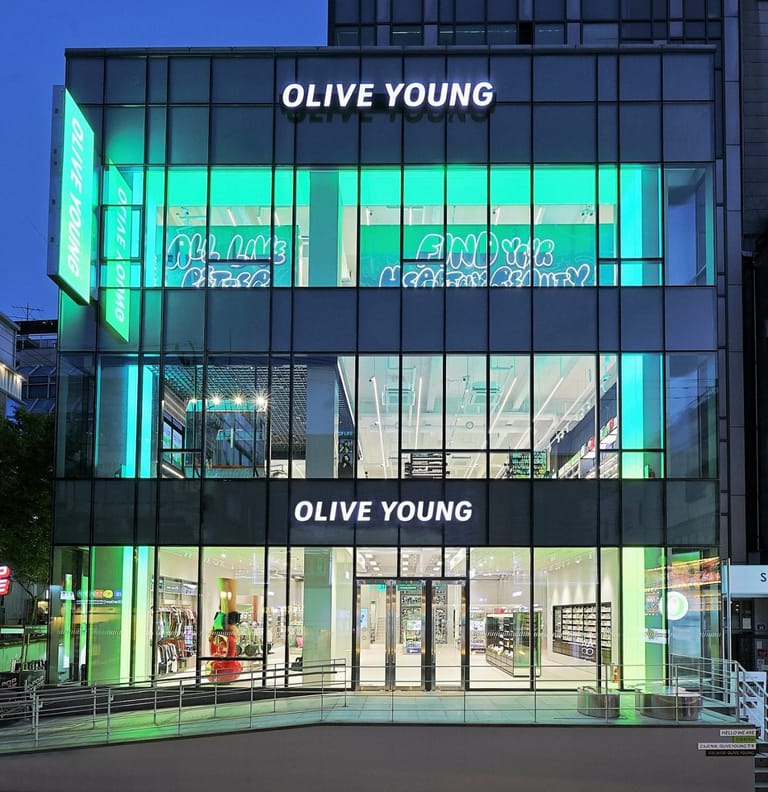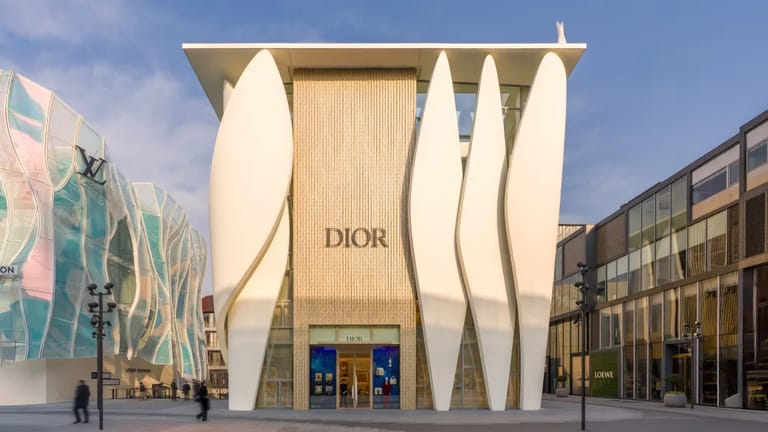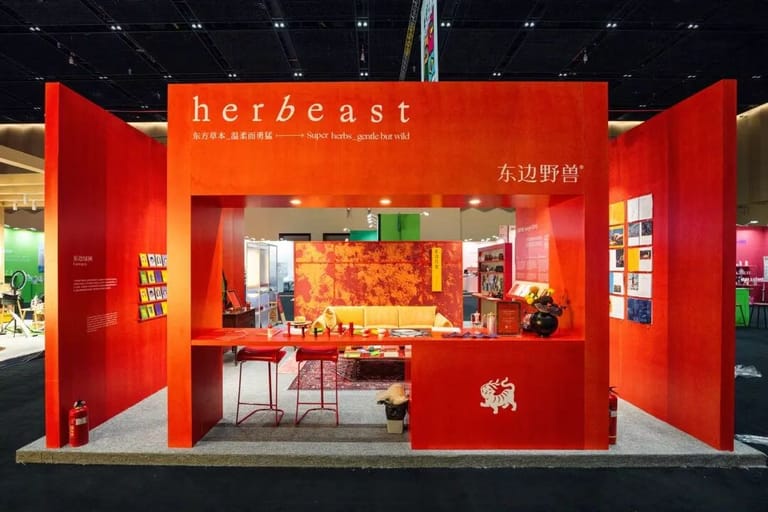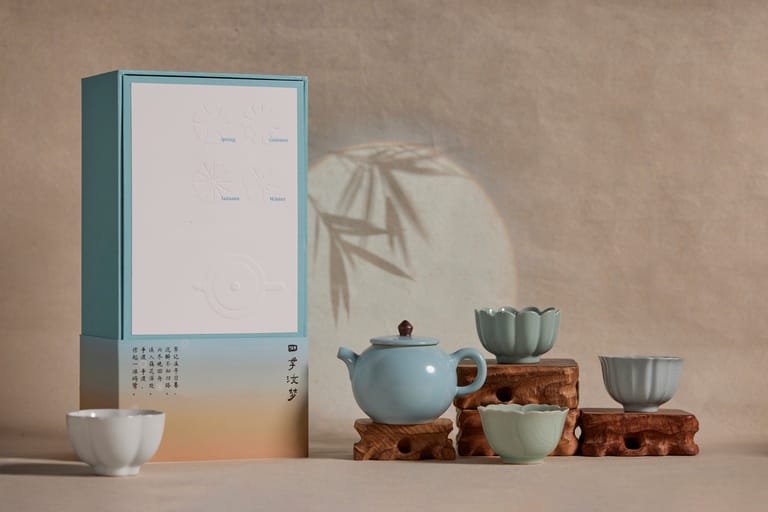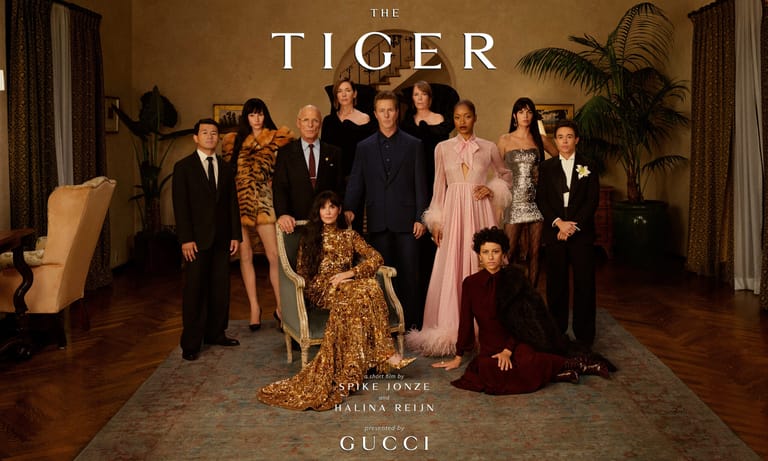Pop Mart’s Labubu Breakout Signals a New Chapter for Chinese IP
By
Anqi Wen

Published on
May 6, 2025
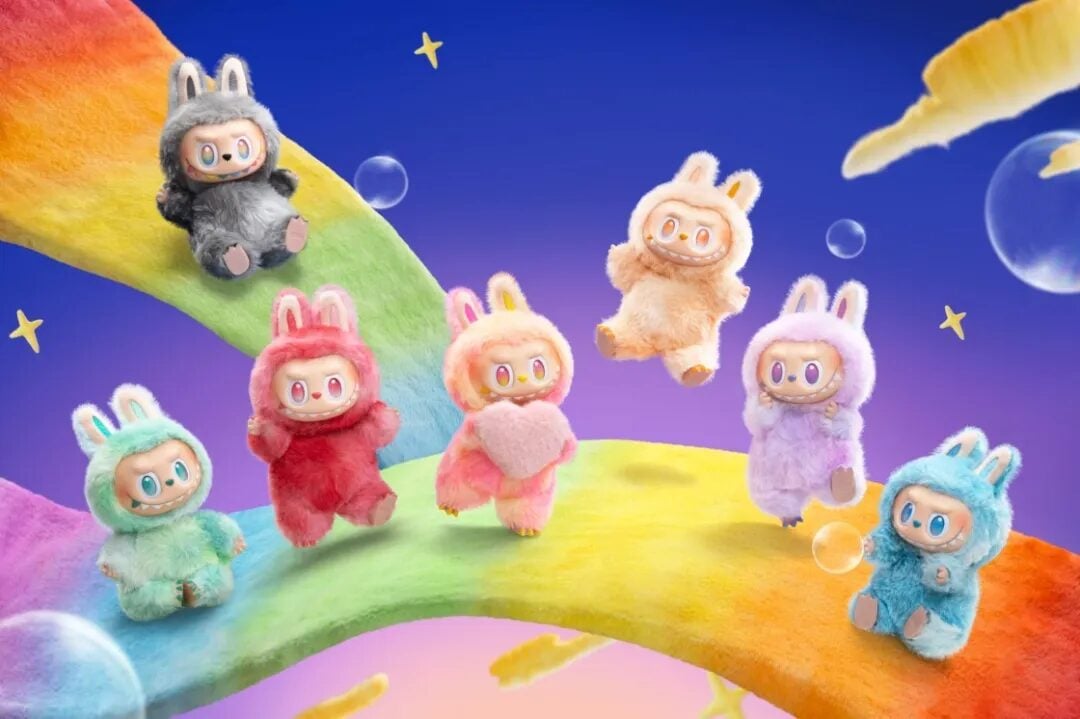
Jingzhi Curates is your daily compass for navigating the dynamic intersections of business, culture, and society. Each installment distills the day’s most pressing issues into thoughtful, actionable insights—perfect for leaders, innovators, and the intellectually curious. Whether a game-changing shift in global markets, a breakthrough in AI, or a cultural trend redefining consumer behavior, Jingzhi Curates delivers clarity in complexity.
Amid a sluggish global consumer market, China’s pop toy and IP industry is experiencing a rare surge — and Pop Mart is leading the charge.
On April 24, the Beijing-based brand released its Labubu 3.0 sofubi plush series, titled High Big Into Energy. The launch sold out almost instantly across online channels, with social media buzz following in waves. As of today, the hashtag “LABUBU 3.0” on RedNote has surpassed four million views, with over 72,000 related posts.
The momentum didn’t stop there. According to Qimai Data, on April 25, Pop Mart’s app topped the US App Store’s shopping category for the first time, holding the number one spot for two consecutive days. On April 27, Pop Mart released its Q1 FY2025 financial report, announcing a dramatic year-on-year revenue increase of 165 to 170 percent. The next day, its Hong Kong-listed shares surged over 12 percent, with its market capitalization surpassing HK$230 billion—overtaking French luxury giant Kering (HK$189.8 billion).
This blockbuster quarter marks a turning point for Pop Mart.
In 2024, Pop Mart realized the full potential of its IP universe. Four of its IPs generated over RMB 1 billion each in revenue, and thirteen crossed the RMB 100 million mark. That same year, the company restructured its retail segments into figures, plush, MEGA collectibles, and derivatives — with plush alone growing 1,289 percent year-on-year, now accounting for 21.7 percent of total revenue.
Blind box culture, once the core of Pop Mart’s business, has evolved. The brand’s original IPs have moved beyond the “surprise and collect” mechanic into diversified forms of storytelling, emotional connection, and scenography.
Labubu, in particular, has become a breakout star. Through multiple design iterations, the character’s transformation into a sofubi-style plush has propelled it from niche favorite to mass-market icon. In 2024 alone, Labubu generated over RMB 3 billion in revenue, acting as a key gateway for Pop Mart’s global expansion. Following a series of high-traffic pop-ups, the brand opened its first Hirono concept store in February 2025 in Shanghai’s Zhonghuan Plaza—a clear sign that its IPs are maturing into fully formed consumer brands.

Pop Mart’s journey hasn’t been without growing pains. Between 2021 and 2023, the company’s net profit growth slowed significantly—from 78.7 percent down to just 4.3 percent—reflecting mounting pressure from aesthetic fatigue and category saturation.
Responding to the ever-changing market, the company has strategically shifted the consumer experience from adrenaline-driven surprise to socially expressive storytelling. By reframing the act of “pulling a rare item” as an emotionally shareable moment, Pop Mart distinguished itself from traditional Western collectible toy models and broadened its appeal.
Observations at Pop Mart stores across China support this shift. Labubu and other hit IPs are no longer just collectibles — they’ve become “giftable” cultural signifiers. Whether it’s parents picking up a plush for their child, friends buying based on a character’s story, or partners gifting based on shared interests, consumers are increasingly approaching Pop Mart with someone else in mind.
Labubu, for many, is becoming a “plastic Moutai” — a pop culture token of affection with universal appeal.
Through an ecosystem of flagship stores, vending machines, and digital communities, Pop Mart is constructing a new emotional infrastructure for collectible retail. Its success signals more than just a product win — it represents a paradigm shift in how Chinese IPs are created, shared, and consumed globally.
By harnessing emotion, narrative, and omnichannel engagement, Pop Mart is proving that China’s IP ambitions are no longer confined to domestic borders—and Labubu is leading the way.


